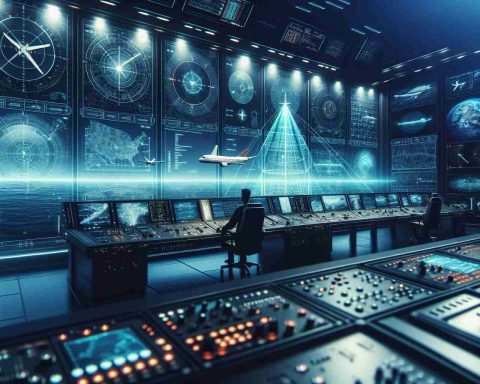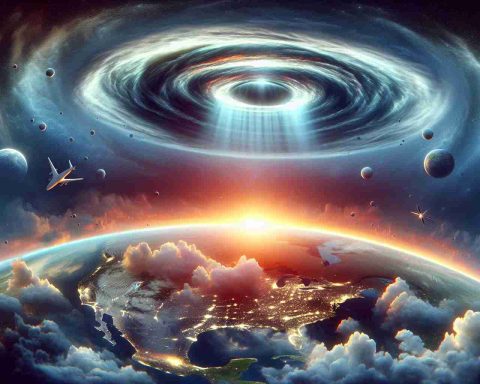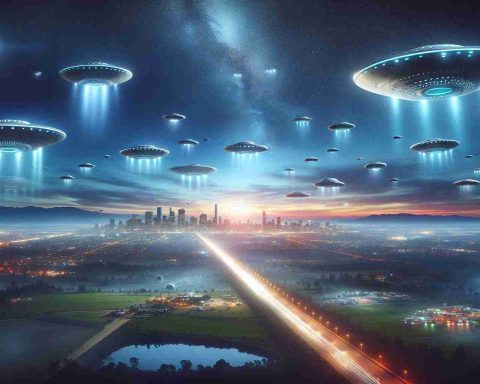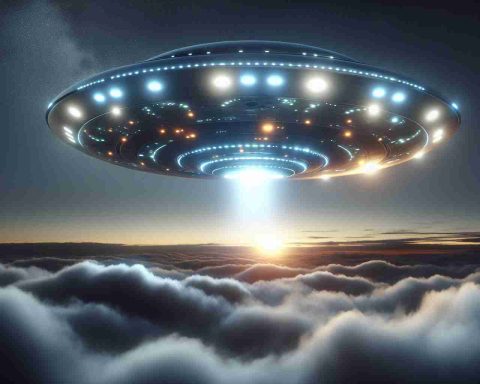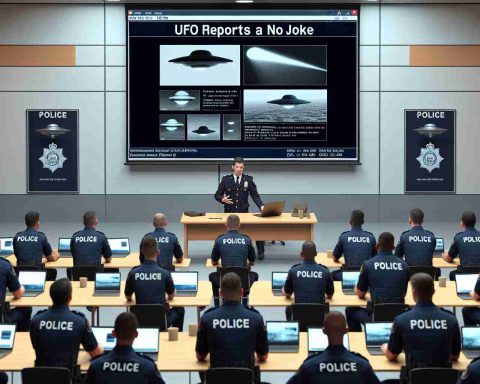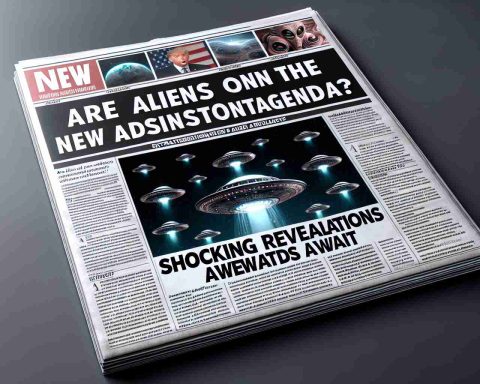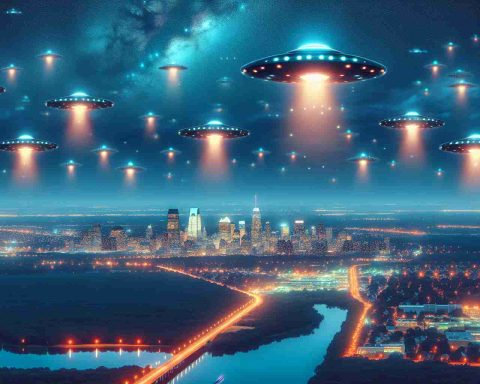Exploring Life’s Boundaries
A groundbreaking study has unveiled some astonishing limitations that govern life forms, suggesting we might not see infinite possibilities in the universe. By delving into a myriad of scientific disciplines, researchers are shedding light on the constraints that could apply to all living organisms, whether on Earth or in distant galaxies.
Understanding Life Beyond Earth
The quest to uncover how extraterrestrial and artificial life could exist fascinates many. By comparing Earthly biological principles with potential forms of life elsewhere, scientists are on a mission to determine how physics and biology intertwine. The study examines whether theoretical engineering of life forms could be limited by natural laws.
Identifying Life’s Fundamental Limits
Published in the journal Interface Focus, this significant paper by experts from the Santa Fe Institute explores the intersections of thermodynamics, genetics, and evolution to expose constraints on life. The findings highlight essential requirements, such as the need for self-repairing systems and closed-cell structures as the basis for life. Furthermore, it emphasizes that any advanced information processing must rely on neuron-like networks akin to brains.
The Logic of Life Uncovered
The researchers argue that a universal logic might govern all living systems. Notable historical predictions about life’s complexity reinforce this notion, indicating that certain characteristics of living organisms could be intrinsically inevitable. Through this compelling research, they broaden our understanding of life’s potential and its inevitable boundaries.
Redefining the Boundaries of Life: Implications Beyond Earth
The study revealing fundamental limitations of life forms invites contemplation on its broader implications for society and science. As we grapple with the existence of life beyond Earth, the findings could inform not only astrobiology but also humanity’s search for meaning in our cosmic context. Understanding these limitations offers insights into the shared biological pathways that might exist across the universe, influencing global discussions about the nature of life itself.
Additionally, the research suggests that our attempts to engineer life, whether through synthetic biology or artificial intelligence, may be inherently constrained by natural laws. This realization could temper expectations, urging scientists to balance ambition with caution as they strive to create new forms of existence. The impact on the global economy could be profound, as emerging biotechnologies aligned with these principles may see investment redirected towards more sustainable and realistic projects.
The environmental implications cannot be overlooked either. Insight into life’s fundamental constraints can shape our strategies for biodiversity conservation on Earth. Cultivating a deeper understanding of how biological systems interact with their environments may guide efforts to protect ecosystems that exhibit resilience in the face of climate change.
As researchers continue to explore these parameters, the long-term significance of this work may inspire future trends in interdisciplinary collaboration, merging biology, physics, and ethics. Such integration is crucial as humanity navigates its place within the galactic tapestry, ensuring that our scientific progress aligns with the intrinsic boundaries of life itself.
Are We Discovering the Limits of Life? New Insights into Biology’s Boundaries
Exploring Life’s Boundaries
Recent advancements in scientific research have illuminated the potentially strict constraints governing all life forms, not only on Earth but possibly throughout the universe. This groundbreaking study suggests that the infinite possibilities we often associate with life may have fundamental limitations rooted in the laws of nature.
Understanding Life Beyond Earth
The exploration of life beyond our planet has long captivated scientists and enthusiasts alike. Researchers are increasingly investigating how the foundational principles of biology on Earth can inform our understanding of extraterrestrial life. As scientists compare Earth’s biological principles with hypothetical life forms that could exist in different environments, they aim to uncover rules that might dictate the nature and form of life elsewhere. This includes a focus on the engineering of theoretical life forms that may still be bound by the immutable laws of physics and biology.
Identifying Life’s Fundamental Limits
The influential study published in the journal Interface Focus by experts from the Santa Fe Institute underscores critical limitations on life through an interdisciplinary approach that examines thermodynamics, genetics, and evolutionary theory. Some of the key constraints highlighted include:
– Self-Repairing Systems: Essential for survival and adaptation, self-repair mechanisms are critical in the evolution of life.
– Closed-Cell Structures: These structures are deemed fundamental for the organization of biological materials and processes.
– Advanced Information Processing: The study suggests that complex information processing systems in living organisms are likely to resemble neuron-like networks, comparable to human brains.
The Logic of Life Uncovered
Researchers are proposing that a universal logic may guide all forms of life. By revisiting historical predictions regarding the complexity of biological systems, the study reinforces the idea that certain characteristics of living organisms may not be merely coincidental but rather inevitable outcomes governed by physical and biological laws. These findings could reshape our understanding of life’s potential while simultaneously emphasizing its boundaries.
Key Insights and Implications
1. Potential for Artificial Life: Understanding life’s limits could have profound implications for the creation of artificial life. Knowledge of these parameters can guide the engineering of synthetic organisms that adhere to fundamental biological constraints.
2. Astrobiology Advancement: This research paves the way for a more informed approach to astrobiology, enabling scientists to assess the conditions under which life might exist on exoplanets.
3. Philosophical Considerations: The implications extend into philosophy, questioning the notion of life’s diversity and our place in the universe.
Conclusion
The revelations from this study bring crucial insights into the universal properties of life, both limiting and defining. As we continue to investigate the principles governing organic existence, we may refine our approaches to science and philosophy in regard to life—be it earthly, extraterrestrial, or artificially constructed.
For further reading on the exploration of life’s boundaries and implications in astrobiology, you can visit Santa Fe Institute.








